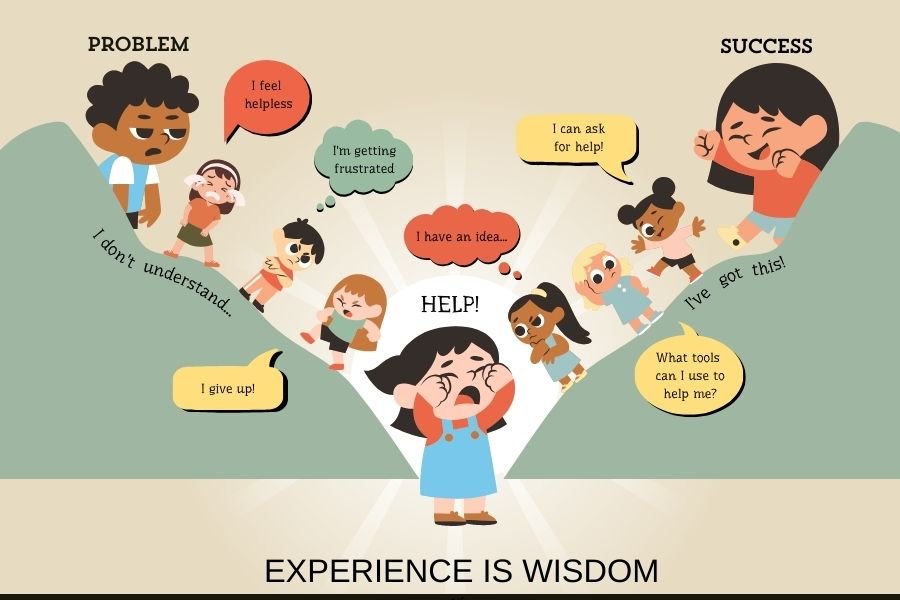Teaching is a profession that demands a lot. However, simple mindfulness exercises can assist teachers in addressing the demands of their work better.
Author: Sharanya Nair
Teaching is a noble profession. However, it has its share of challenges and hardships and these have an impact on the well-being of teachers. Teachers deal with fatigue from everyday classes and they need to continuously impart knowledge in an easy manner for students. In this environment, compassion is imperative as teachers need to understand their students and show concern. This has to be followed by empathy, which is another important trait to understand the needs and wants of the students. This increases the chances of teachers and educators facing compassion fatigue, which refers to a decrease in a person’s capacity to empathize with those who are suffering. Practicing mindfulness can provide a new perspective. It helps teachers and educators to shift from a continual stream of thoughts and identify with a deeper sense of awareness. This, in turn, can lead to an experience of compassion as an endless, rather than an exhaustive process of building mindful spaces.
Practice mindful breathing
Mindful breathing exercises can help to focus on the present. These help you to connect with your own self at this moment in here and now. Breathing exercises act as an anchor for mindfulness. It could be a morning ritual that helps you begin the day and stops you from rushing through the day.
Mindfulness sets the bar higher
When our perspective is based on mindfulness, it sets the right intentions in place and helps a person react wisely. Our connection with the present develops continuity and this makes us more aware and creates a smooth and soothing experience.
Mindfulness leads to wisdom
Mindfulness cultivates wisdom by harmonizing the changing circumstances and creating a space for a plethora of emotions, feelings, and thoughts that we experience every day. This wisdom assists in dealing in a more effective manner with the responsibilities, struggles, and relationships with students.
Wisdom leads to release
Mindfulness helps individuals to be open and flexible. It assists in letting go of all that does not matter and helps in focusing on things that matter.
The above steps may appear linear, but it would be probably more accurate to say that they are thematic. These offer a vast wide-open territory for exploration, and the principles of exploration are “easy does it,” “less is more,” and accessing the deep well of available wisdom from “small moments, many times,” until it leads to a point at which there is no turning back. With time, mindfulness matures and deepens the perspective.
Feeling inspired already? Check out our mindful blogs below.














